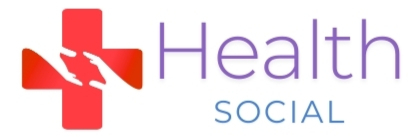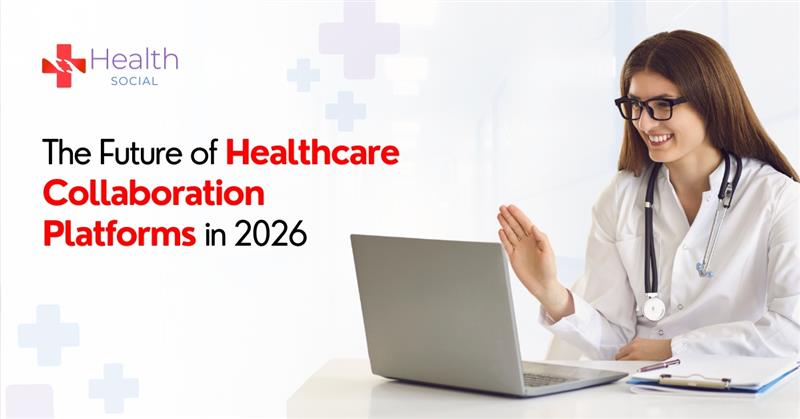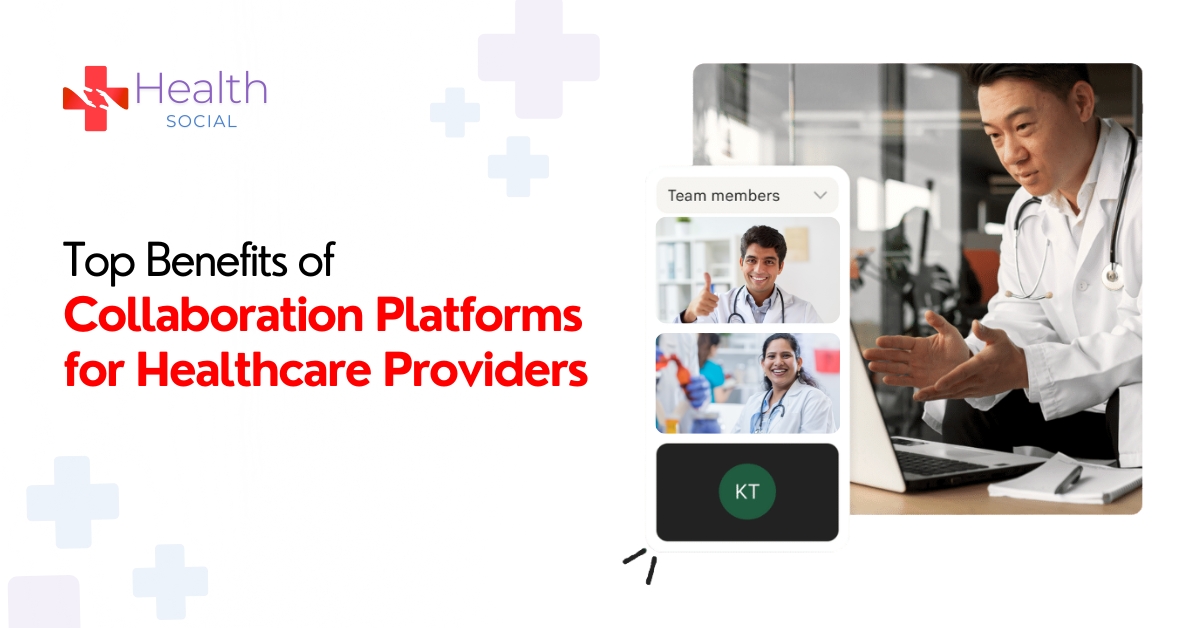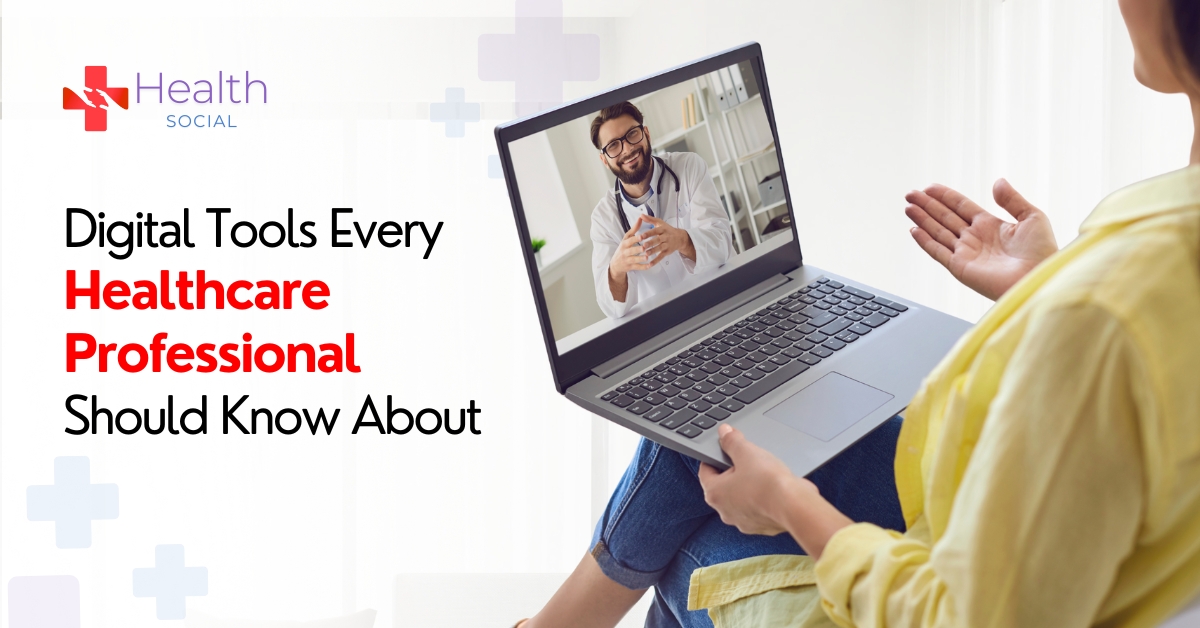Good communication is at the heart of healthcare. Whether a doctor is consulting a specialist, a patient is booking an appointment, or a hospital is sharing important updates, clear and timely communication makes everything smoother. Since technology is advancing rapidly, healthcare communication is improving so that medical professionals can connect more efficiently.
Unified healthcare communication is changing how medical services work so that patient care improves, doctors collaborate more effectively, and information reaches the right people without delays. Since digital platforms are transforming healthcare, it is important to understand what unified healthcare communication is and how it is making healthcare better.
What is Unified Healthcare Communication?
Unified healthcare communication means bringing all medical communication tools together so that healthcare professionals and patients can connect seamlessly. Instead of using different platforms for different tasks, this approach combines digital tools like telemedicine, electronic health records (EHRs), mobile apps, and online healthcare networks into a single system.
Since healthcare professionals need access to accurate and up-to-date information, a unified communication system ensures that patient records, test results, and treatment updates are available instantly. This leads to faster decision-making, fewer errors, and better patient outcomes.
Why is Unified Healthcare Communication Important?
Better Patient Engagement
Patients today want more control over their healthcare, which is why digital platforms are making it easier for them to stay informed. Since unified healthcare communication allows patients to book appointments, access medical records, check test results, and talk to doctors online, they can manage their health more conveniently.
- Patients can track their medical history so that they follow treatment plans properly.
- Virtual consultations allow patients to speak with doctors without travelling so that they save time and money.
- Mobile apps provide reminders for medication and follow-ups so that patients do not miss important treatments.
Since patients feel more empowered when they have easy access to healthcare services, unified communication helps improve their overall health experience.
Stronger Collaboration Among Healthcare Professionals
Doctors, nurses, and specialists need to work together so that patients receive the best care. Since a healthcare collaboration platform makes it easier to share information, medical teams can make better treatment decisions.
- Doctors can consult specialists so that complex cases are handled efficiently.
- Nurses and support staff receive instant updates on patient conditions so that care is provided at the right time.
- Hospitals and research institutions can work together on studies so that new treatments reach patients faster.
Since teamwork is essential in healthcare, a system that connects medical professionals improves overall efficiency.
Fewer Medical Errors and Safer Patient Care
Mistakes in healthcare can have serious consequences, which is why clear and accurate communication is necessary. Since unified healthcare communication ensures that all medical staff have access to the same patient information, errors related to misdiagnosis, incorrect prescriptions, or missing records are reduced.
- Doctors can see updated patient records before prescribing medication so that harmful drug interactions are avoided.
- Surgeons can access complete medical histories before performing procedures so that unnecessary risks are minimized.
- Pharmacists can verify prescriptions digitally so that patients receive the right medications.
Since reducing errors improves patient safety, a well-connected communication system benefits both doctors and patients.
Faster Emergency Response
Quick decisions are necessary in medical emergencies, which is why immediate access to patient information is crucial. Since unified healthcare communication allows hospitals and emergency teams to retrieve records instantly, doctors can make faster and more informed decisions.
- Paramedics can access patient medical histories before arriving at the hospital so that they provide the right first aid.
- Emergency doctors receive real-time updates so that they are prepared before a patient arrives.
- Hospitals can coordinate with different departments so that critical care is provided without delays.
Since time is often the deciding factor in emergencies, having a well-connected system helps save lives.
How Health Social Platforms Improve Unified Healthcare Communication
Health Social platforms are making it easier for patients, doctors, and pharmaceutical companies to stay connected so that healthcare communication becomes smoother and more effective. Since these platforms bring together online communities, medical professional networks, and real-time communication tools, they are helping shape the future of healthcare.
- Patient Support Groups, where individuals with similar health conditions can share their experiences and support each other.
- Doctor-Patient Communication, allowing patients to ask health-related questions and receive expert guidance without needing an in-person visit.
- Medical Awareness Campaigns, where hospitals and healthcare providers share educational content so that people stay informed about diseases, treatments, and preventive measures.
- Real-Time Updates, helping hospitals and clinics share important information about vaccinations, health screenings, or medical breakthroughs.
- Pharmaceutical Networking, where pharma companies work with healthcare providers to develop better treatment options.
Since strong communication is the foundation of quality healthcare, these digital platforms are helping patients receive better care while improving coordination between healthcare providers.
Who Benefits from Unified Healthcare Communication?
Patients
- Easy access to healthcare services so that they can manage their health more effectively.
- Direct communication with doctors so that they receive timely medical advice.
- Personalized health monitoring so that they track their progress and stay informed.
- Fewer unnecessary hospital visits since virtual consultations reduce the need for in-person checkups.
Healthcare Professionals
- Better teamwork and coordination so that patient care is more efficient.
- Less administrative work so that doctors can focus on treating patients.
- Instant access to patient records so that medical decisions are based on accurate information.
- A well-connected medical network so that doctors can exchange knowledge and stay updated.
Healthcare Organizations
- Increased efficiency so that hospitals and clinics run more smoothly.
- Higher patient satisfaction since better communication leads to better care.
- Stronger coordination across different departments so that medical services operate effectively.
- More opportunities for collaboration with pharmaceutical companies so that research and drug development progress faster.
Challenges in Unified Healthcare Communication
Although unified communication has many benefits, there are still some challenges that need to be addressed.
- Protecting Patient Data, since privacy and security regulations must be followed so that medical information remains safe.
- Integrating Different Systems, since various healthcare platforms need to be connected properly so that information sharing is smooth.
- Encouraging Digital Adoption, since some healthcare professionals and patients may not be comfortable with digital tools, which means proper training is necessary.
- Following Legal and Ethical Standards, healthcare communication must comply with industry regulations so that patient rights are protected.
The Future of Unified Healthcare Communication
Since technology is improving every day, healthcare communication will continue to evolve so that medical services become even more efficient and accessible.
- AI and Machine Learning will analyze patient data so that doctors can provide better care.
- Blockchain for Data Security, ensuring that patient records are safely stored and shared.
- 5G Networks, allowing telemedicine services and remote healthcare solutions to work faster.
Since strong communication leads to better healthcare, investing in digital healthcare solutions is the way forward.
Healthcare depends on communication, which is why unified healthcare communication is changing the way medical professionals connect. Since the Health Social platform brings together different parts of the healthcare system, it improves collaboration, enhances patient engagement, and makes medical services more efficient.
Since healthcare collaboration platforms improve communication it means better healthcare, embracing digital tools will help create a smarter, faster, and more patient-centred future.





